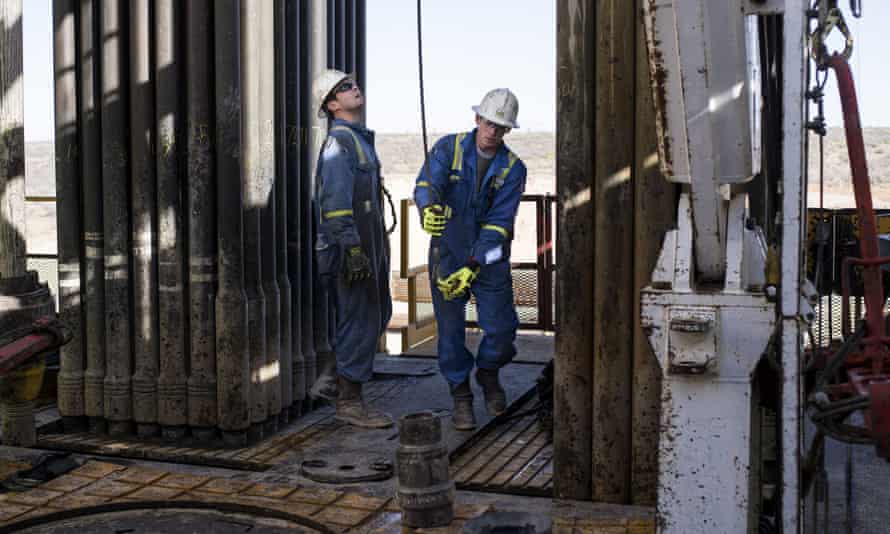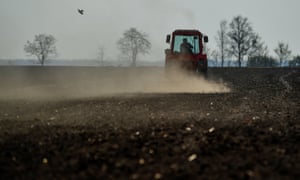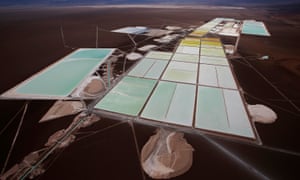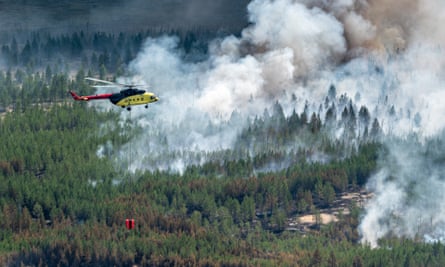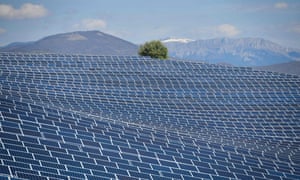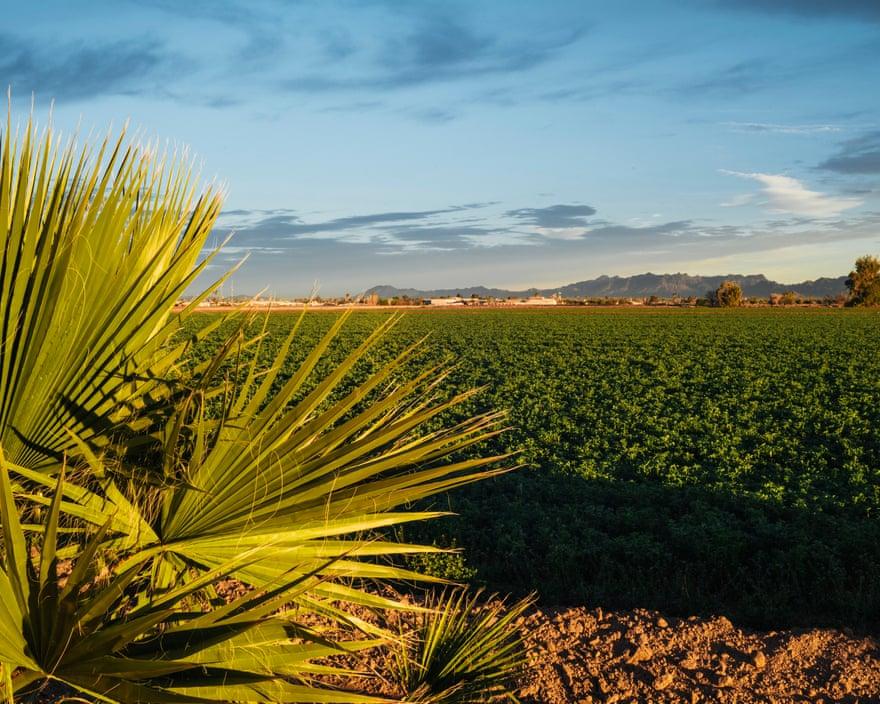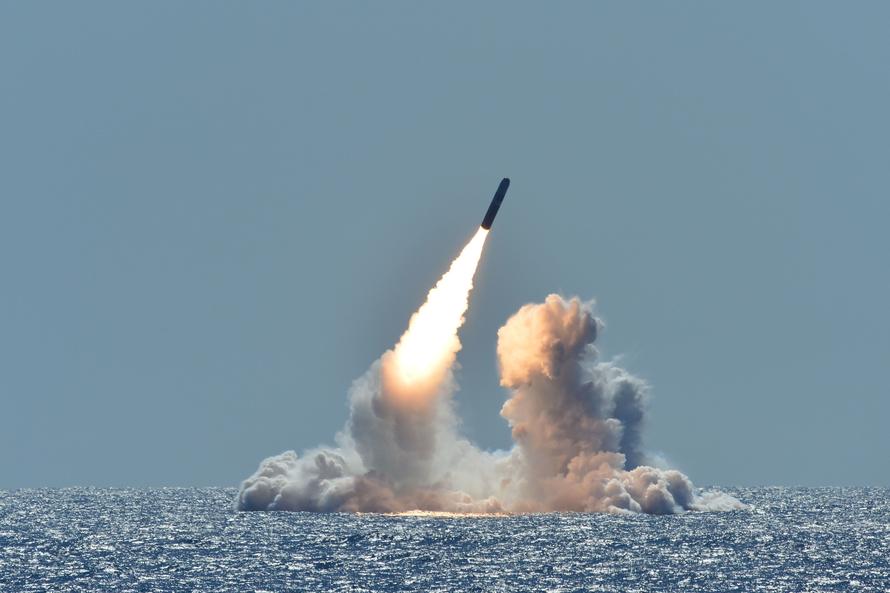In its strongest warning yet on the need to drastically scale back fossil fuels, the International Energy Agency (IEA) also called for no new fossil-fuel cars to be sold beyond 2035, and for global investment in energy to more than double from $2tn (£1.42tn) a year to $5tn (£3.54tn) The result would not be an economic burden, as some have claimed, but a net benefit to the economy.
Fatih Birol, the IEA’s executive director and one of the world’s foremost energy economists, told the Guardian: “If governments are serious about the climate crisis, there can be no new investments in oil, gas and coal, from now – from this year.”
He said strong new policies were needed from governments around the world: “More and more countries are coming up with net zero commitments, which is very good, but I see a huge and growing gap between the rhetoric [from governments] and the reality.”
The IEA has released its most comprehensive report yet into what is needed to achieve the world’s climate goals, the implications of which will be felt around the world. Few governments intend to halt fossil-fuel exploration. The UK is licensing new oil and gas fields in the North Sea, China is building coal-fired power plants, and oil companies are still investing in new output.
…click on the above link to read the rest of the article…




